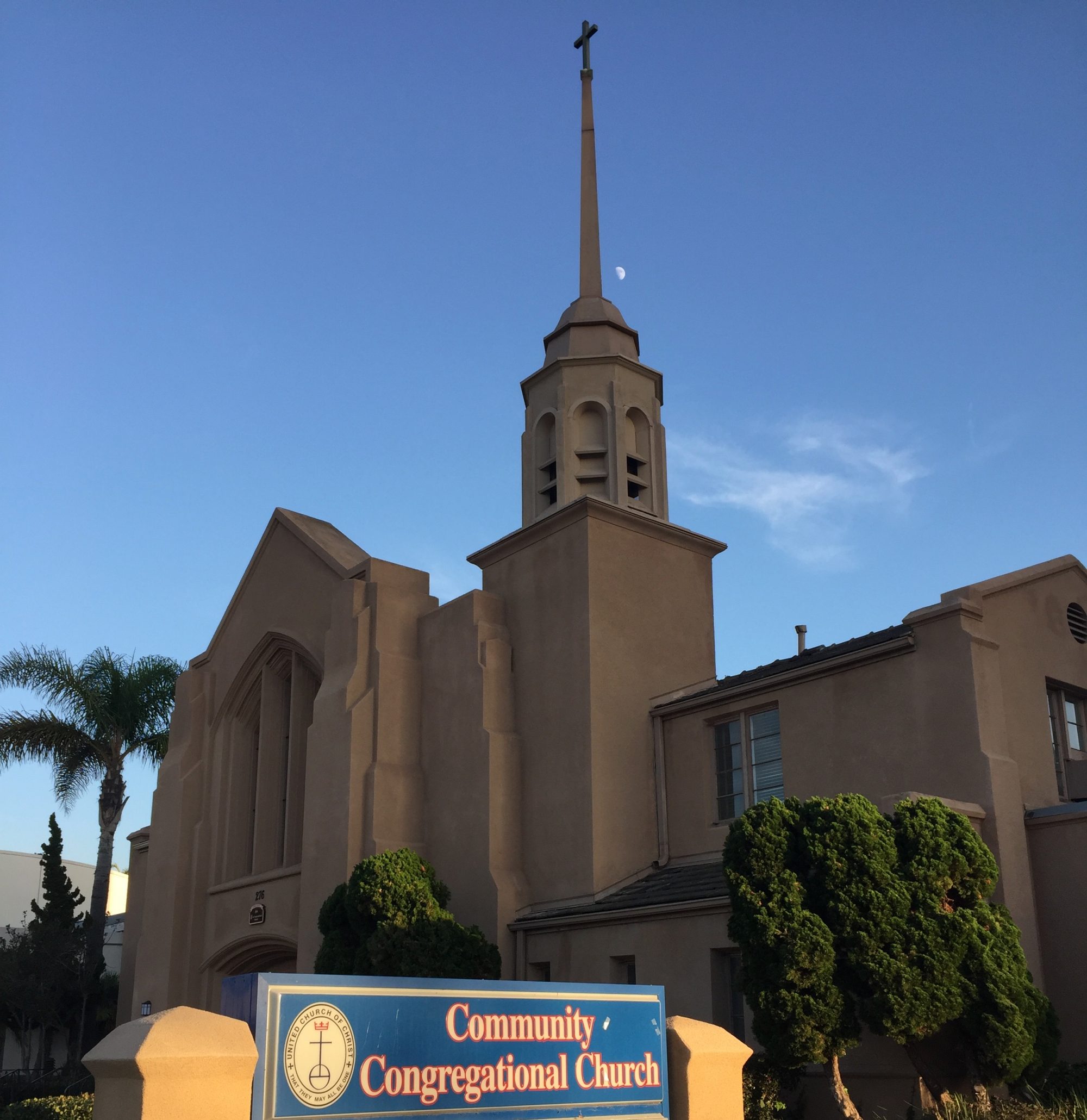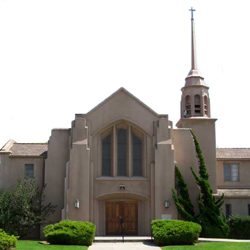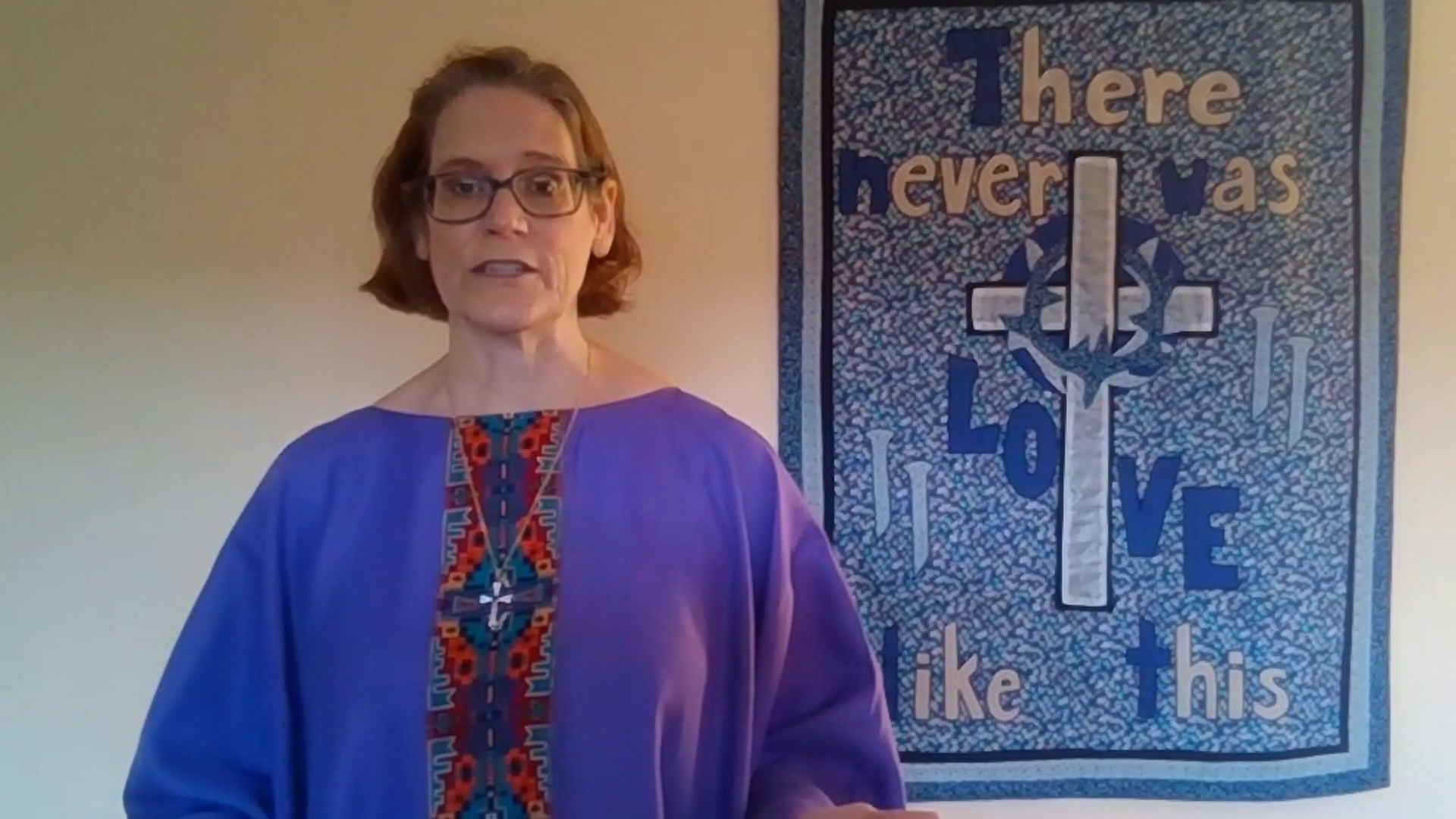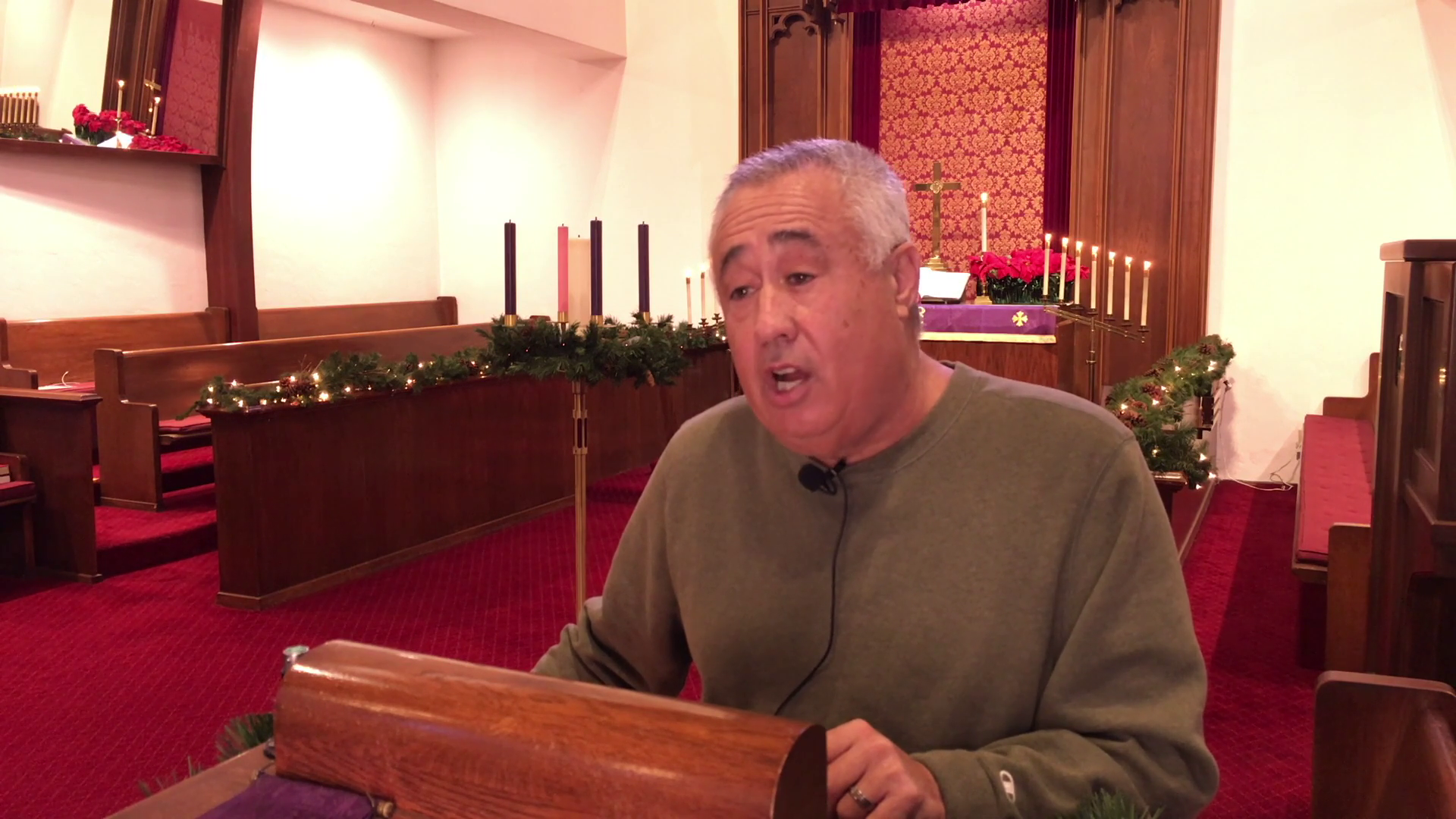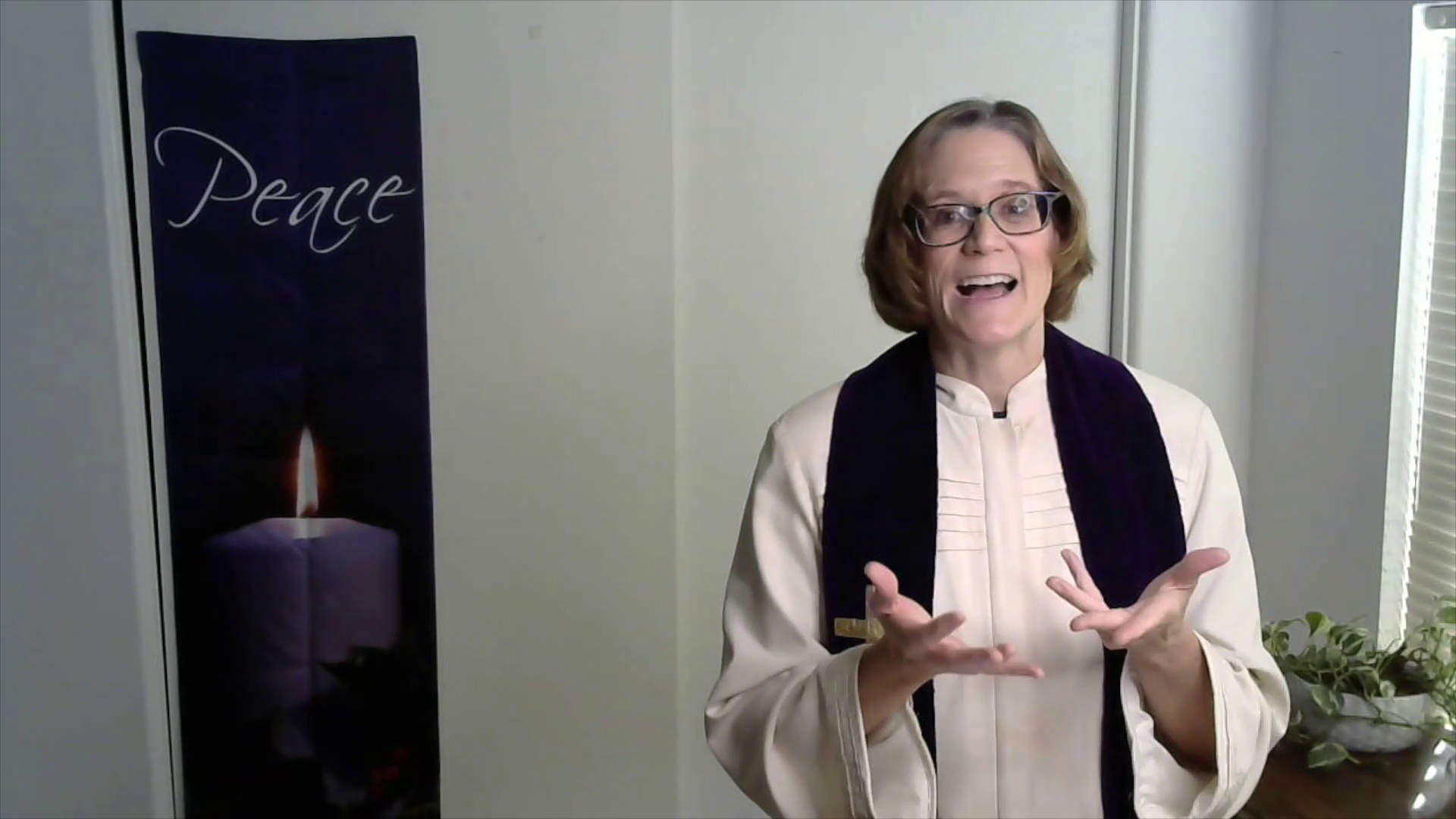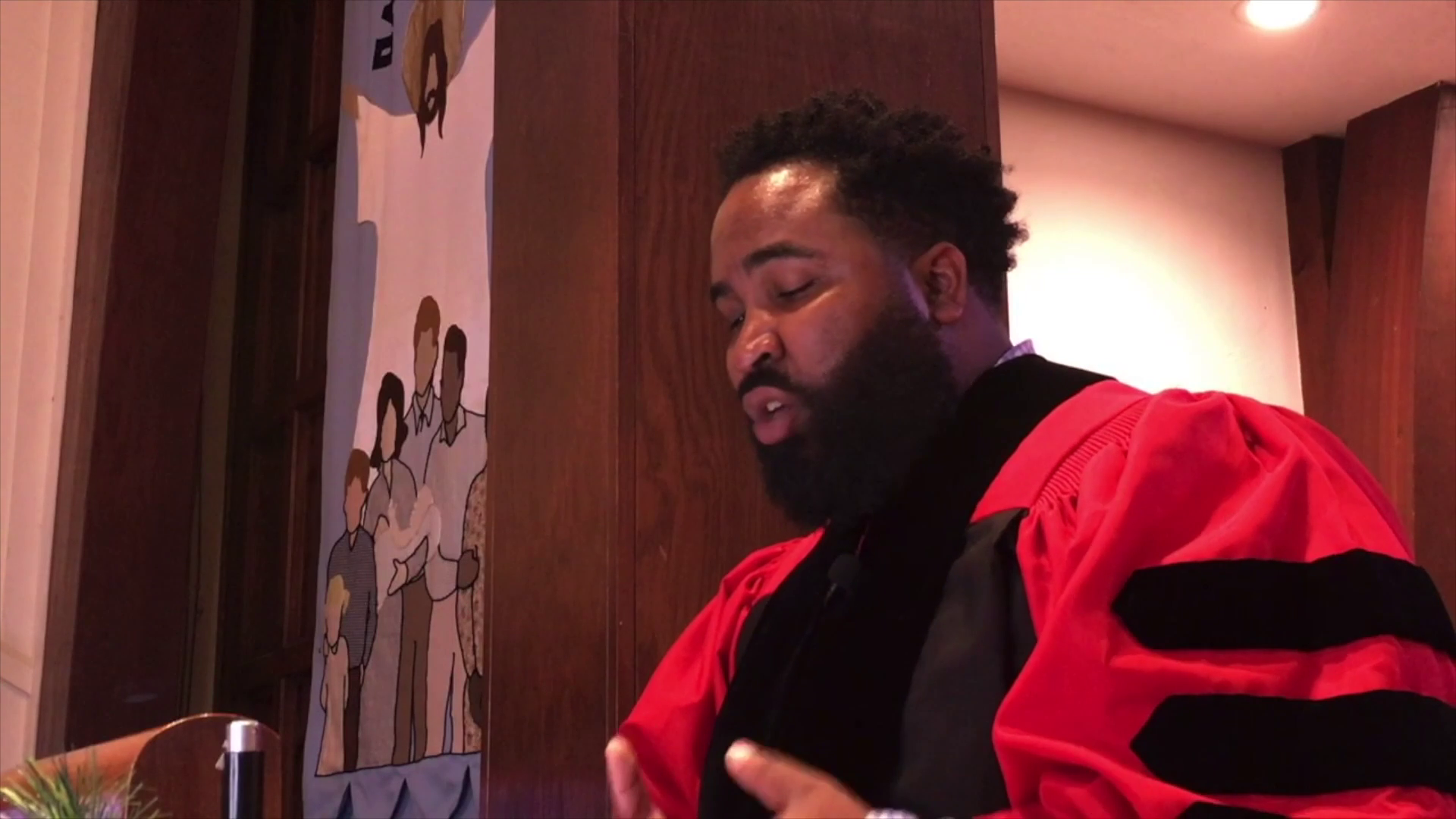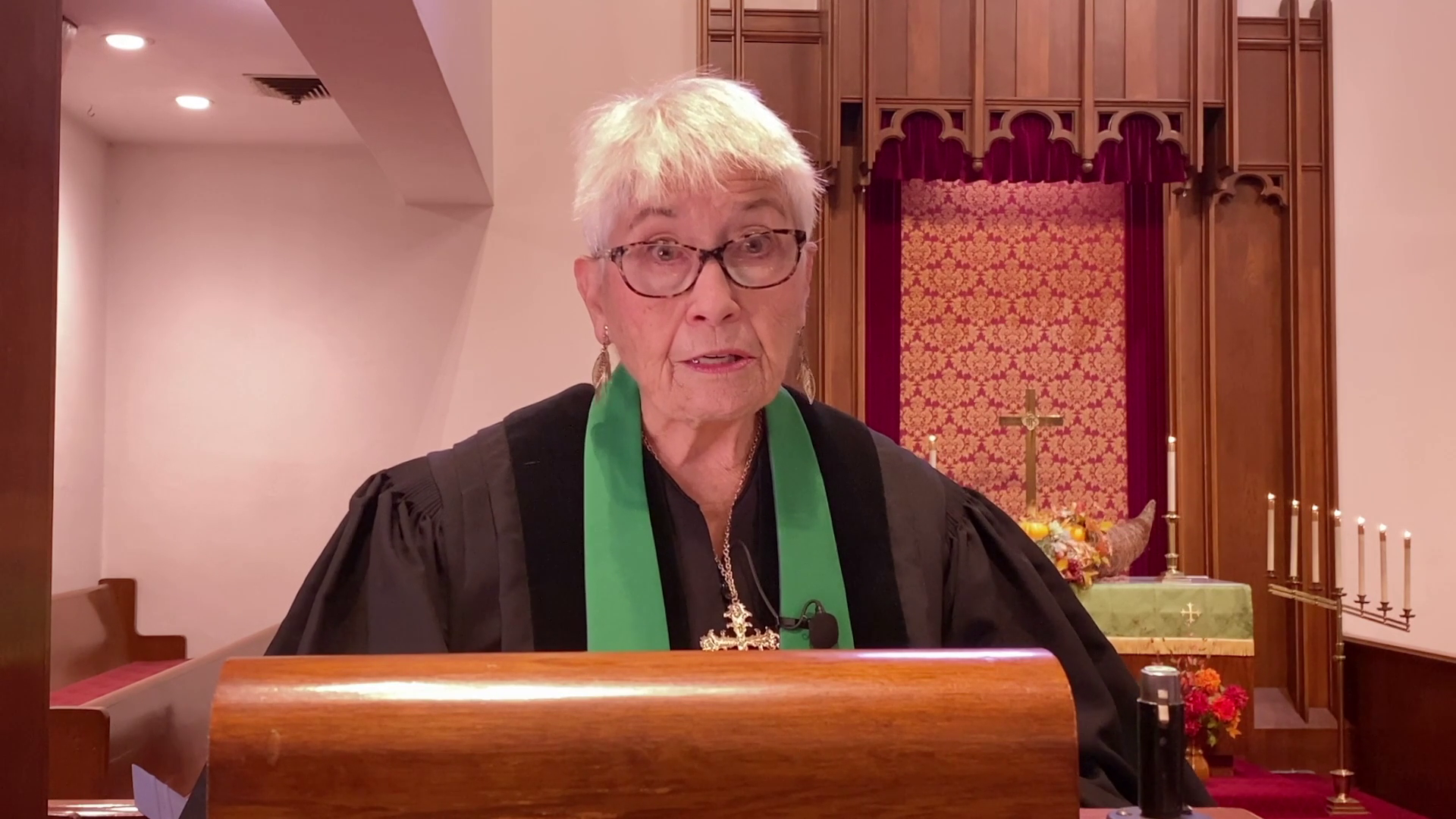Welcome! This coming Sunday our worship will be lead by our Pastor Liz Aguilar with guest preacher Rev. Heather Miner.
Liturgist: Laurie Orange
Minister of Music: Lionel Jasmin
Special Music: David Hand
Scripture: Isaiah 45:1-13 and John 4:7-8, 18-19.
Please join us virtually for this prerecorded worship video which will go live Sunday morning at 9:30 AM.
Join on Facebook
https://www.facebook.com/chulavistaUCC/posts/10161076492138079
Join on YouTube
